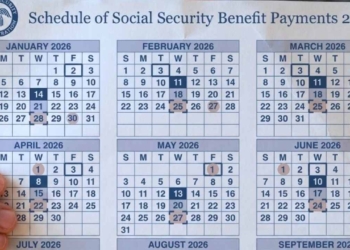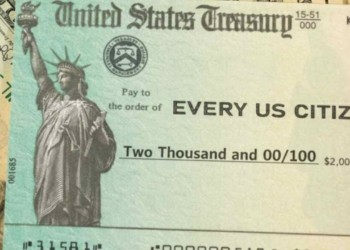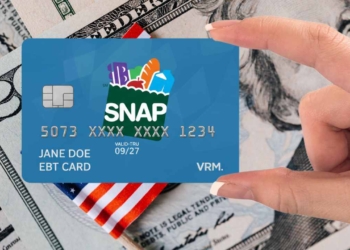The IRS explains to American taxpayers how to return an erroneous tax refund in 2025. This erroneous tax refund could come in the form of a paper check or direct deposit. What is more, you may receive a tax refund with a higher amount than what you are entitled to. On other occasions, you are not entitled at all, so it may be someone else’s.
Let’s begin with a tax refund you have received by mail. If it is a paper Treasury check, and it has not been cashed yet, write “Void” in the endorsement section on the back of the check. Once you have written that, you must submit the paper Treasury check straightaway. Make sure you do so no later than 21 days. This must be submitted to the correct IRS location.
How to know the correct IRS location
For your information, the location is generally based on your state of residency. Hence, all you have to do is use the mailing address listed on the “About Form 3911” page for the state you are currently living in. Check it out at: https://www.irs.gov/forms-pubs/about-form-3911.
Other things to take into account before submitting the erroneous paper check are the following ones:
- don’t bend the paper check
- don’t staple the paper check
- don’t paper clip the check
- include a note stating “Return of erroneous refund check” and explanation why you are sending it back
If the erroneous payment was an IRS direct deposit
In this case, you will have to do something completely different. First, contact the ACH department of your financial institution or bank. ACH is the Automated Clearing House.
In this case, you will need to inform the ACH department that you would like to return this erroneous direct deposit. So, they will then return the refund to the IRS.
Secondly, you will have to call the Internal Revenue Service to inform them why you have returned the erroneous direct deposit. Thus, you can call the IRS toll-free at 800-829-1040 (individual) or 800-829-4933 (business). Keep in mind that interest may accrue on the erroneous tax refund. For more details or if you are in a different situation visit: https://www.irs.gov/taxtopics/tc161







